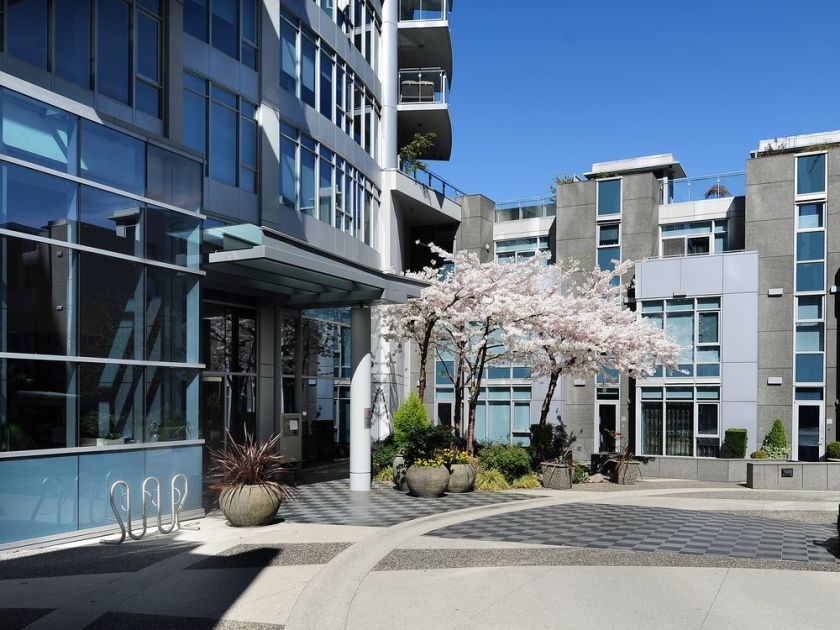VANCOUVER — The owners of a pair of Vancouver cryptocurrency firms have denied perpetrating a $30-million fraud involving an initial coin offering, and maintain that they run a legitimate business
Lisa Angela Cheng and Kevin Patrick Hobbs, who are the target of a B.C. civil forfeiture suit, say they “never misappropriated funds,” in a written statement provided to Postmedia.
“We intend to defend vigorously and to present a complete and truthful narrative for the court. We are confident that at the end of the day the truth will come out and the facts will prevail in our favour,” says the statement signed by Cheng and Hobbs.
The couple have secured the services of Ian Donaldson, a high-profile Vancouver criminal lawyer.
According to the B.C. Civil Forfeiture Office’s claim, the couple ran Vanbex Group Inc. and Etherparty Smart Contracts Inc. that launched a cryptocurrency coin called a FUEL token for which they raised money from investors by “deceit, falsehood or fraudulent means.”
An RCMP investigation determined they raised more than $30 million “by falsely representing corporate investment opportunities … knowing they did not intend to use the invested funds to develop products they were marketing but rather with intention to misappropriate the corporately invested funds raised for their own personal benefit,” the claim’s statement says.
In their response, Cheng and Hobbs say Vanbex did not solicit funds from investors for the development or distribution of the FUEL token and did not claim the value of the tokens would increase. The terms, conditions and risks of buying the tokens were laid out in documents prepared by counsel, says the response.
“Purchasers obtained exactly what they bargained for. The offering was a success and the business prosperous,” said the filing statement.
The civil forfeiture office is seeking a luxury Coal Harbour townhouse, two Range Rover SUVs, and funds in BMO accounts, valued at millions of dollars, as proceeds of crime.
Hobbs is also accused of using “misappropriated” funds to gamble.
The Canada Revenue Agency is also investigating, according to the civil suit.
The civil suit alleges that the couple attempted to liquidate their assets when they became aware of the RCMP investigation.
According to the court filing: “The criminal investigation is ongoing and currently no charges have been laid against either of the defendants.”
A criminal conviction is not necessary to launch civil forfeiture suits, which have a lower threshold for convictions than criminal cases, a balance of probabilities rather than beyond a reasonable doubt.
The pair’s response says neither defendant acquired sudden personal wealth in 2017, were unaware of any RCMP or CRA investigation and did not liquidate assets to avoid investigation. Hobbs also did not use “misappropriated” funds to gamble, said the filing.
The court has granted a preservation order to prevent the assets from being sold or taking on more debt.
The three-bedroom townhouse with views of Coal Harbour was bought in late 2017 by Hobbs and Cheng for $4.1 million in cash, but was recently listed for sale at $7.88 million.
The 2017 and 2018 Range Rovers, owned by Hobbs, sell for as much as $90,000 and are still believed to be in his possession.
Hobbs is also accused of using the “misappropriated funds” to buy a Bay Street apartment in Toronto for just under $3.74 million and to purchase a three-year lease for a $500,000 2018 Lamborghini. The Lamborghini, now sold, is irrelevant, said the response.
The civil forfeiture office’s filing says that Hobbs has a criminal record, including for money laundering in 2008, which the response says is ancient, irrelevant and should be removed from the suit.



